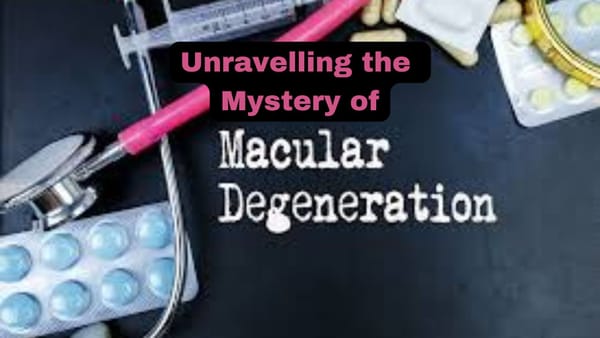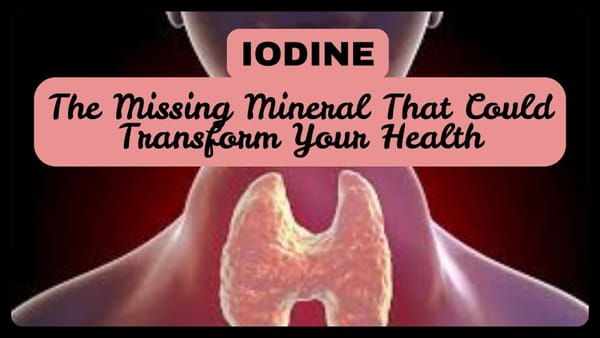The Psychobiotics Path to Happiness: How Good Gut Bacteria Can Improve Your Mental Health
The intriguing relationship known as the gut-brain axis has the potential to enhance our mood, alleviate anxiety and depression, and ultimately pave the way towards a happier, more balanced life.
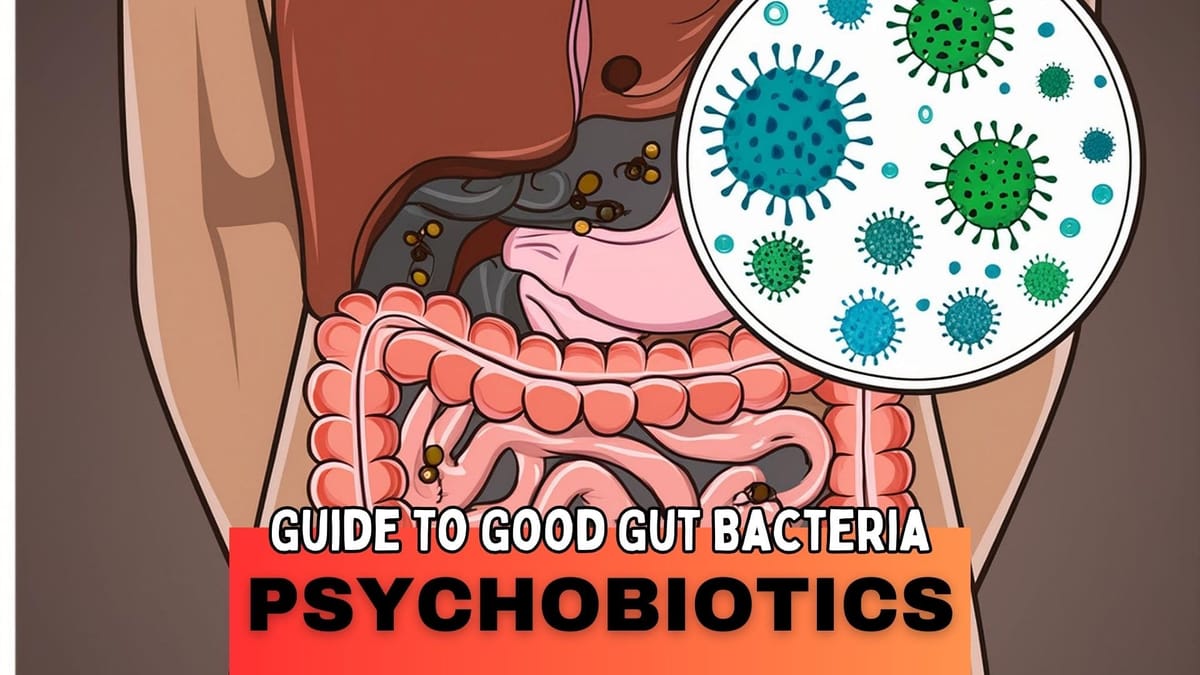
The term "psychobiotics" was coined around 2012 by Drs. Ted Dinan and John Cryan, two microbiologists at University College Cork, Ireland. Their groundbreaking research explored the intricate "gut-brain axis" – the profound connections between the gut microbiome and the human brain. "Psychobiotics" does not refer to a specific type of probiotic but rather when probiotics are being studied or used to improve mental health. Our gut is home to a vast ecosystem of over 100 trillion bacteria, and within this teeming microbial community lies this remarkable group called psychobiotics – bacterial species that directly influence our physical, mental and emotional states.
As we delve deeper into this intriguing relationship known as the gut-brain axis, we uncover the potential of these beneficial bacteria to enhance our mood, alleviate anxiety and depression, and ultimately pave the way towards a happier, more balanced life. So, let's embark on a journey of understanding the power of psychobiotics and how they can positively impact our mental health.
The Gut-Brain Axis
The gut-brain axis is a bidirectional communication network that allows the gut and the brain to influence each other's functions. This intricate relationship is facilitated by various pathways, including:
- Neurotransmitters: The gut produces many of the same neurotransmitters as the brain, such as serotonin and dopamine, noradrenaline, and GABA, which play crucial roles in regulating mood and emotional states. Additionally, psychobiotics synthesize crucial nutrients like folic acid, niacin, vitamin B12, and vitamin K2, further contributing to our overall mental health.
- Inflammation: Chronic inflammation in the gut can contribute to neuroinflammation, which has been linked to various mental health conditions, including depression and anxiety.
- Vagus Nerve: This major nerve serves as a direct communication pathway between the gut and the brain, allowing signals to travel in both directions.
By understanding the gut-brain axis, we can appreciate the profound impact that a healthy gut can have on our mental well-being.
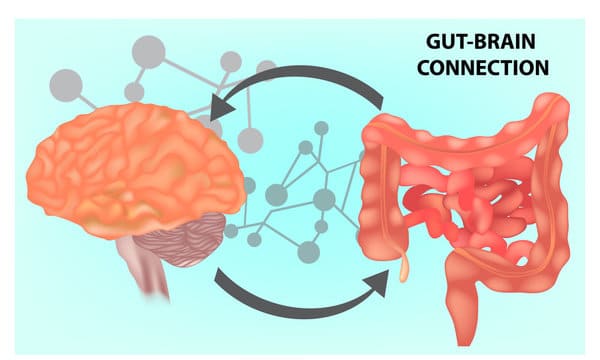
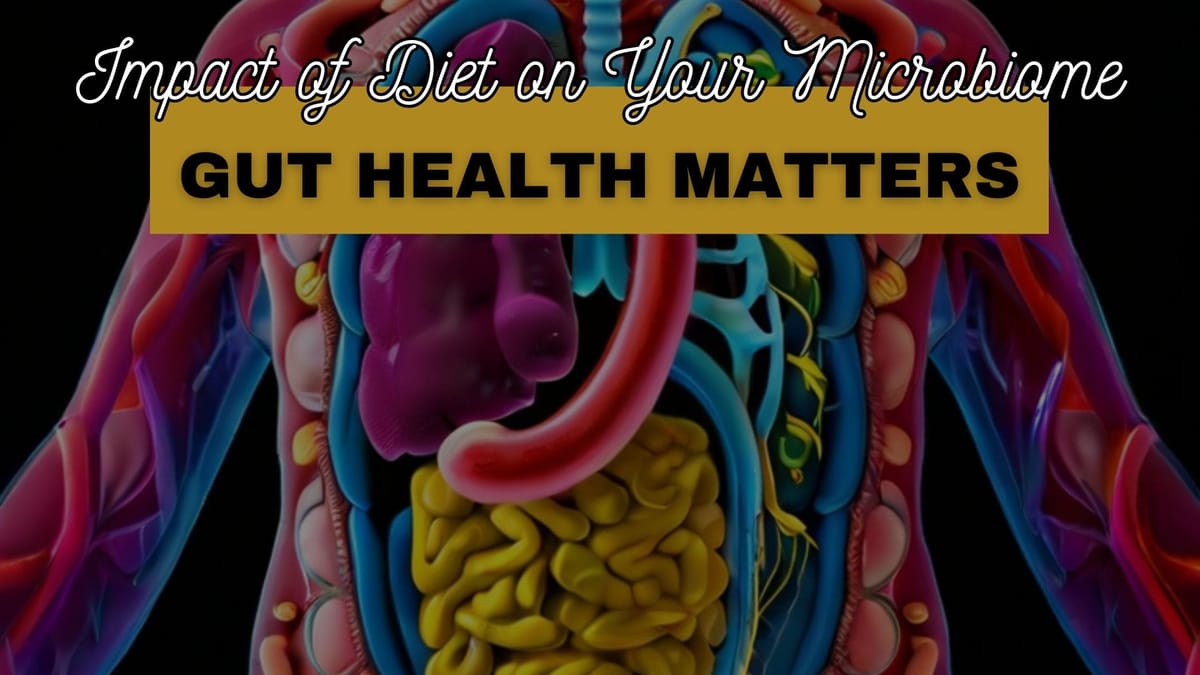
Incorporating Psychobiotics into Your Diet
To reap the potential benefits of probiotics for your mental well-being, it's essential to ensure an adequate intake of these beneficial bacteria. Here are some ways to incorporate probiotics into your diet:
- Cultivate Your Inner Garden: To reap the benefits of psychobiotics, you can incorporate them into your diet through fermented foods like yoghurt, sauerkraut, kefir, kimchi, cottage cheese, and buttermilk. These foods are rich in both psychobiotics and other beneficial probiotics, acting as fertilizers for the "garden" in your digestive tract.
- The Power of Prebiotics: Substances that feed beneficial microorganisms and promote their growth are also crucial for maintaining a healthy gut ecosystem. A diet rich in prebiotic fibres from foods like onions, leeks, cabbage, apples, bananas, and oats can improve gut health and, consequently, mental well-being.
Dietary supplements are an option for those who may have difficulty consuming enough probiotic-rich foods. Some of the most well-studied psychobiotics include:
- Lactobacillus rhamnosus, believed to reduce anxiety by altering the expression of GABA receptors.
- Bifidobacterium longum, which produces BDNF (a key player in neuroplasticity), alleviating depression and anxiety while reducing cortisol levels.
- Lactobacillus plantarum, which boosts serotonin and dopamine levels while lowering cortisol, helping to reduce anxiety.
- Bifidobacterium breve, which decreases anxiety, but its production declines with age. Interestingly, both Breve and Longum may slow down mild cognitive impairment and potentially delay the progression of Alzheimer's disease.

The Role of Psychobiotics in Mental Health
Numerous studies have explored the potential benefits of probiotics for mental health, and the findings have been remarkably promising. Here's a glimpse into how these beneficial bacteria can influence our psychological well-being:
- Reduced Anxiety and Depression: Several clinical trials have shown that the administration of certain probiotic strains, such as Lactobacillus and Bifidobacterium, can lead to significant reductions in symptoms of anxiety and depression.
- Improved Stress Management: Research suggests that psychobiotics may help modulate the body's stress response by influencing the production of stress hormones like cortisol.
- Enhanced Mood and Emotional Balance: By influencing the production of neurotransmitters like serotonin and dopamine, phychobiotics may contribute to improved mood regulation and emotional stability.
- Cognitive Function Support: Some studies have indicated that psychobiotics may have a positive impact on cognitive function, including memory, attention, and decision-making abilities.
- The potential of psychobiotics extends beyond mental health enhancement. Although this research is still in its formative stages, improved digestion, reduced susceptibility to heart disease, and improved immune health may also be benefits of psychobiotics.
Existing evidence highlights the promising potential of Psychobiotics as a complementary approach to supporting mental health and well-being.
Embracing the Gut-Mind Connection By nourishing our gut with psychobiotics and prebiotics, we can harness the power of these remarkable bacteria to support our mental health naturally and with minimal side effects. So, let's embrace the gut-mind connection and cultivate a flourishing microbial garden within – our emotional well-being may depend on it.





